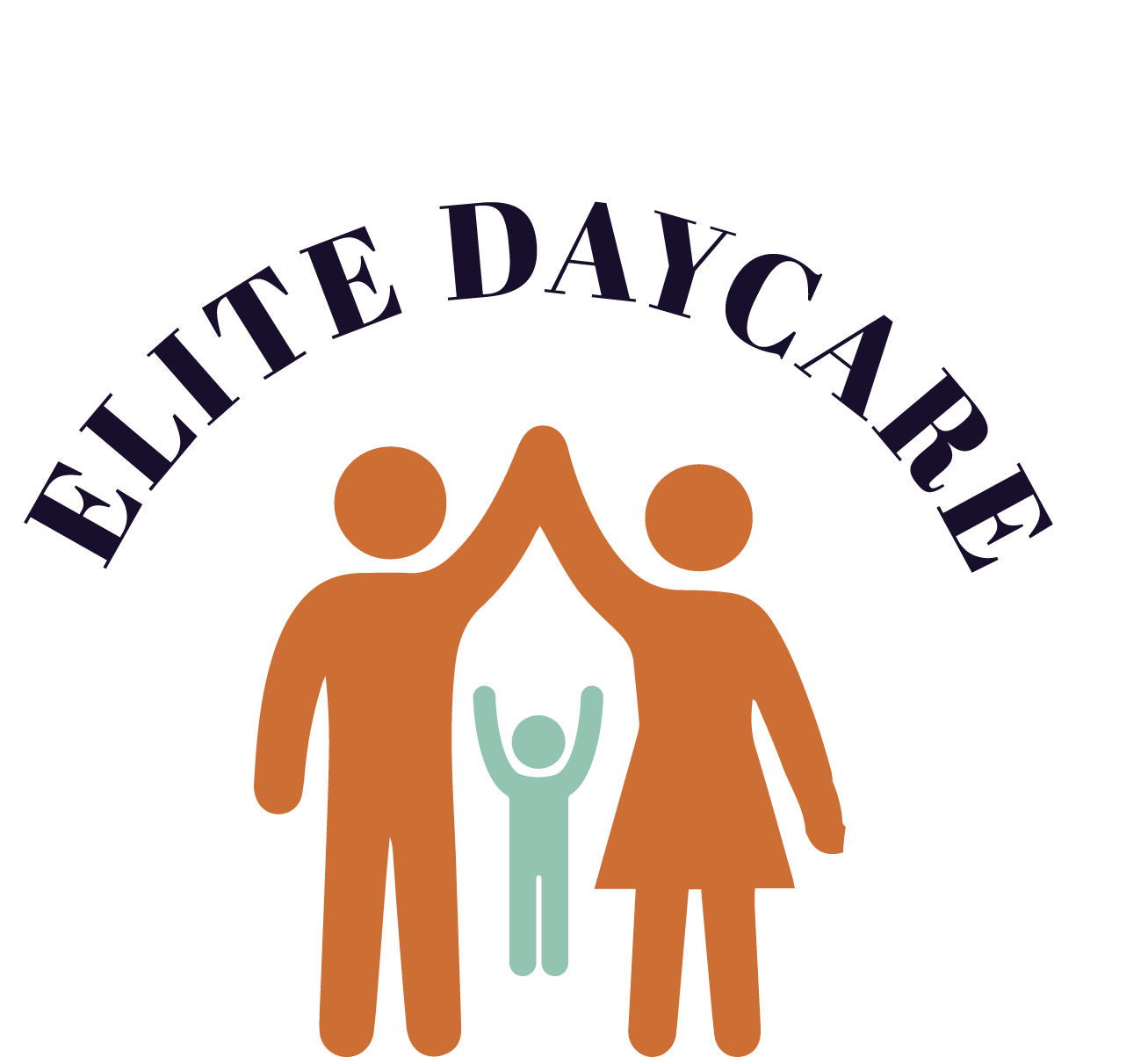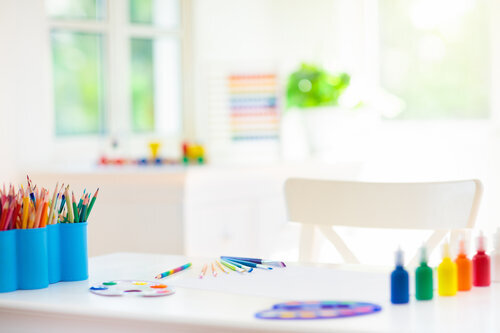Brain Development: The Crucial Early Years
As parents, you are likely aware of how important the early years are for your child’s development, but did you know that the brain is 90% developed by age five? That’s right, the brain changes more during these early years than it does at any other time in life.
What’s more, the brain connections required for more advanced abilities, such as self-regulation, communication, purpose and critical thinking are established during the early years.
And while the brain does continue to change into adulthood, this immense early development means the first years of a child’s life are a critical time that will affect long-term health and learning.
Fortunately, there are many simple things that we can do to help our children’s brains to grow, mature and thrive.
Early Experiences
Children’s brains develop through their every day interactions and experiences. They are born with a natural desire to learn and explore the world around them, but they need our guidance to help them do this safely. Providing a secure environment, but one that allows your child to actively explore and play is key for healthy brain growth. Notice your child’s interests and help them continue to build upon their learning and skills. The positive interaction and stimulation helps develop the long-lasting brain connections needed for more complex knowledge and competencies.
Early Relationships
It’s no surprise that the adults in a child’s life are the most important for many reasons, including brain development. Loving relationships with adults who are responsive and reliable are key. Nurturing children through sensitive responses to their needs helps to protect their brains from undue stress. Simple things like talking, playing, reading and singing are all wonderful ways to show your child you care while also helping to promote brain growth. Giving them attention through positive responses and interactions is vital for the development of brain connections.
Overall, it is the simple, everyday moments that will guide your child’s healthy development. By providing a variety of safe environments for play, being attentive, and actively responding to their needs through positive interactions, you are quite literally constructing their brain and they will be well on their way to future health and success.

